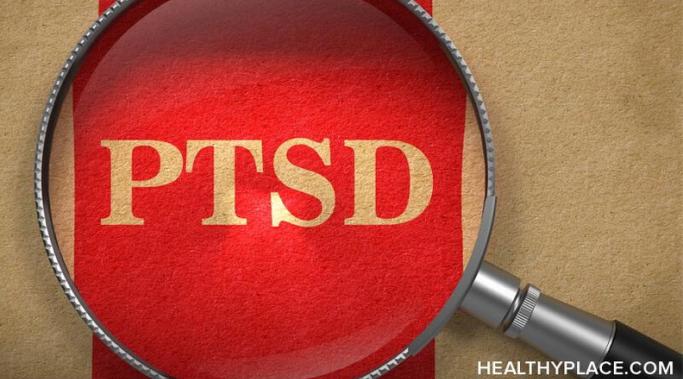Blogs
The glare of the dressing room's lighting was unforgiving and pointed out every flaw — real and imaginary — on my body. My thighs were too wide, my stomach too round, and my overall body too short and squat. I didn't have the flawless, smooth and stubble-free underarms and legs of a magazine model. I wanted it to magically become wintertime again so I could hide my body under leggings, loose jeans, and oversized sweaters.
I kept telling myself that the sizes didn't matter, that these labels were an arbitrary measurement most likely chosen with little thought by some clothing manufacturer in China or Taiwan.
But part of my mind wasn't buying it. As I stood contemplating the clothes and the various sizes surrounding me, I felt a little dizzy and my first inclination was to run as fast as I could from the dressing room.
I think there are three broad reasons why people remain in abusive relationships:
The victim doesn't realize they're being abused.
The victim knows they're being abused, but doesn't want to leave the relationship.
The victim knows they're being abused, but isn't ready to leave due to finances, values, fears, or any other reason.
I certainly honor each group's position. After all, I've been in each of the three groups at one time or another. This story occurred when I was unsure about leaving and making plans on how to stay married to my abusive husband.
Mood trackers aren't just for depression or bipolar. They can help you recognize and manage panic, anxiety and stress. Anxiety affects people's moods and many people struggle with depressive symptoms as well as anxiety issues. Crucial to treating anxiety is understanding how symptoms overlap and how that affects you.
Traumatic experience of many kinds, as well as repeated exposure to trauma, can lead to PTSD. Our guest, Michele Rosenthal, experienced a very traumatic event at the age of 13 and lived 24 years before a diagnosis with PTSD helped her to heal.
Today I read another article on a reasonable person's assertion psychiatric medication doesn't work. The evidence is thin, they say, and the studies don't always show a meaning difference between the drug and the placebo. According to them, everyone with a mental illness doing better on psych meds is experiencing the placebo effect.
OK, so let's look at this for a minute.
I have always been very open about my past struggles with alcohol abuse and eating disorders. I also struggled with generalized anxiety disorder, panic disorder, and self harm. I often felt like the only one who struggled with so many comorbid diagnoses. The reality is people rarely struggle with only one disorder. We simply do not fit in the pretty boxes of diagnoses, nor are we supposed to.
I attended a meeting last night of a community health care consumers group. Essentially, they are a group that seeks to inform and educate the public on local and national policy making, while also taking the temperature of the public and their view on certain aspects of health care. One of the attendees was discussing all of the technological advancements in medicine in the last half-century, but duly noted was a lack in advancement (aside from pharmacology) in the area of mental health and treating mental illness.
This got my wheels turning.
Sometimes borderline personality disorder (BPD) can make us do extremely stupid things. A case in point happened after a heated argument with my mother. I stormed out of the house into a below-freezing night, with only one spare set of clothes (khaki pants and a short-sleeved T-shirt), very little money, and no plan. My mother's anger quickly turned into fear and when I returned the next day, I learned she'd considered filing a missing persons report.
It's no secret that psychiatric illness is treated as a whole different animal than "physical" illness. I find myself comparing the two often, usually trying to determine the best way to cope with Bob and his behaviors. Perhaps the most prominent difference (or, in my opinion, at least the most frustrating) is the elusive nature of psychiatric diagnosis.
So far all my posts here have been from the parental point of view. As you may know, I am the mother of a wonderful kid, now 29, who was unlucky enough to develop paranoid schizophrenia in his mid-teens (diagnosed at last by age 20). My book Ben Behind His Voices, is told mostly the parental perspective - though writings from Ben himself as well as from his sister, Ali, round out the story as best we can.
The title of this blog, however, is Mental Illness in the Family - and so I don't want to leave out the experiences of siblings, spouses, and children. This post is about - and for - you.
I have taught NAMI's Family-to-Family course over a dozen times, as both teacher and trainer (guiding others to becomes teachers in Connecticut), and each time I am reminded that my experience as parent shares much with the other "relative groups" - but not all.









